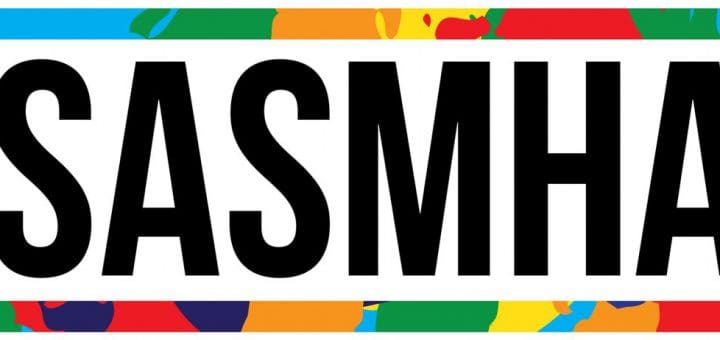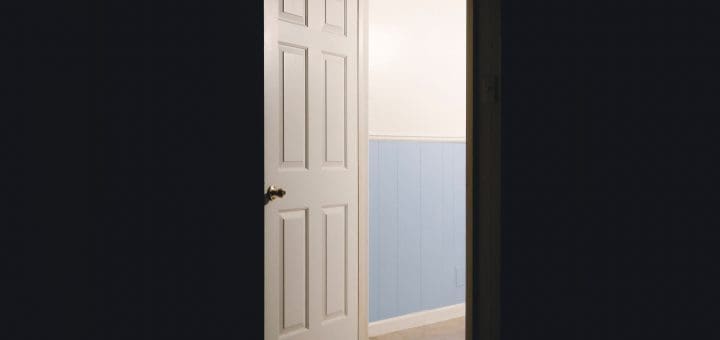The South Asian Sexual and Mental Health Alliance
For Asian American and Pacific Islander (AAPI) Month, we wanted to highlight the South Asian Sexual and Mental Health Alliance (SASMHA) today. The organization was developed to specifically provide resources and fight the cultural...










Recent Comments